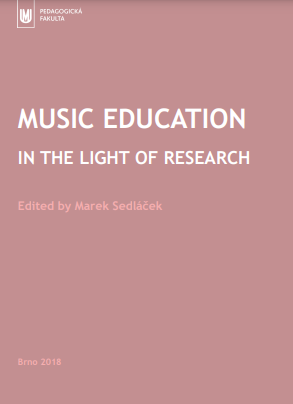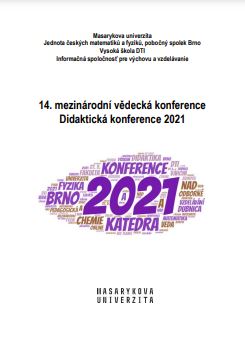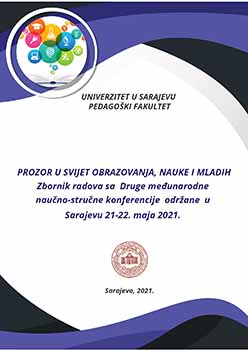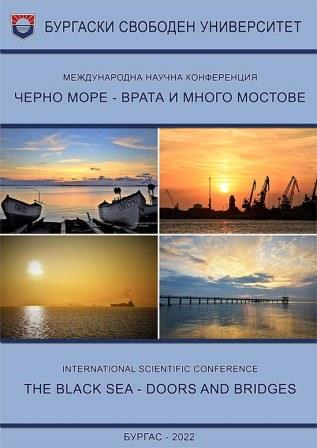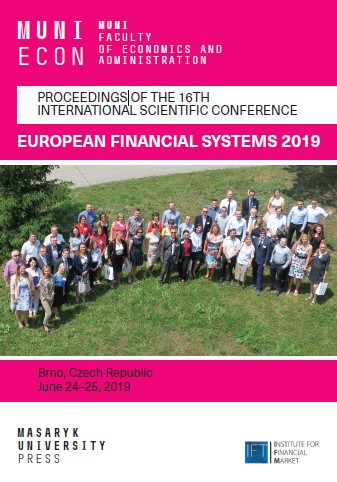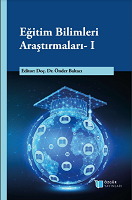Author(s): Naida Gadžo / Language(s): Bosnian
Publication Year: 0
The modern age, marked by global informatization, certain unforeseen circumstances such as natural disasters and disasters, as well as knowledge about the effects of multimedia and modern information and communication technology on learning and teaching processes, before the school, as an educational institution, sets the imperative of multimedia integration. system of education of children and young people and indicates that it is necessary to take advantage of the many advantages of multimedia equipment implemented in teaching. Multimedia enables fast flow of information and various forms of communication and interaction between teaching participants, changes their traditional roles and mutual relations, and encourages individualization and differentiation of teaching, keeping in mind different types of learning. The paper treats theoretical, professional and scientific definitions and classifications of media, multimedia, advantages, but also disadvantages that need to be carefully considered when integrating and using multimedia in teaching. The empirical part presents the results of the research, which was conducted in three primary schools in Sarajevo Canton, and which included 23 primary school teachers and 391 third, fourth and fifth grade students, who are classified in the domain of primary education. The research covers important components of multimedia application, such as material and technical equipment of the school, computer literacy of teachers and students, which is crucial for successful multimedia application, attitudes of teachers and students about the degree of application of modern multimedia in mother tongue and literature, general attitudes about application of multimedia, which determine the frequency of the application itself. The obtained data are analyzed by appropriate statistical methods and procedures, and the interpretation and discussion of the results provide valuable data on the application of modern multimedia in teaching, based on which further recommendations for successful integration of new technologies in teaching can be assessed. An overview of the circumstances of the introduction and implementation of online teaching in the Canton Sarajevo, conditioned by the pandemic situation, was given, highlighting the difficulties encountered by teachers, students and parents.
More...
